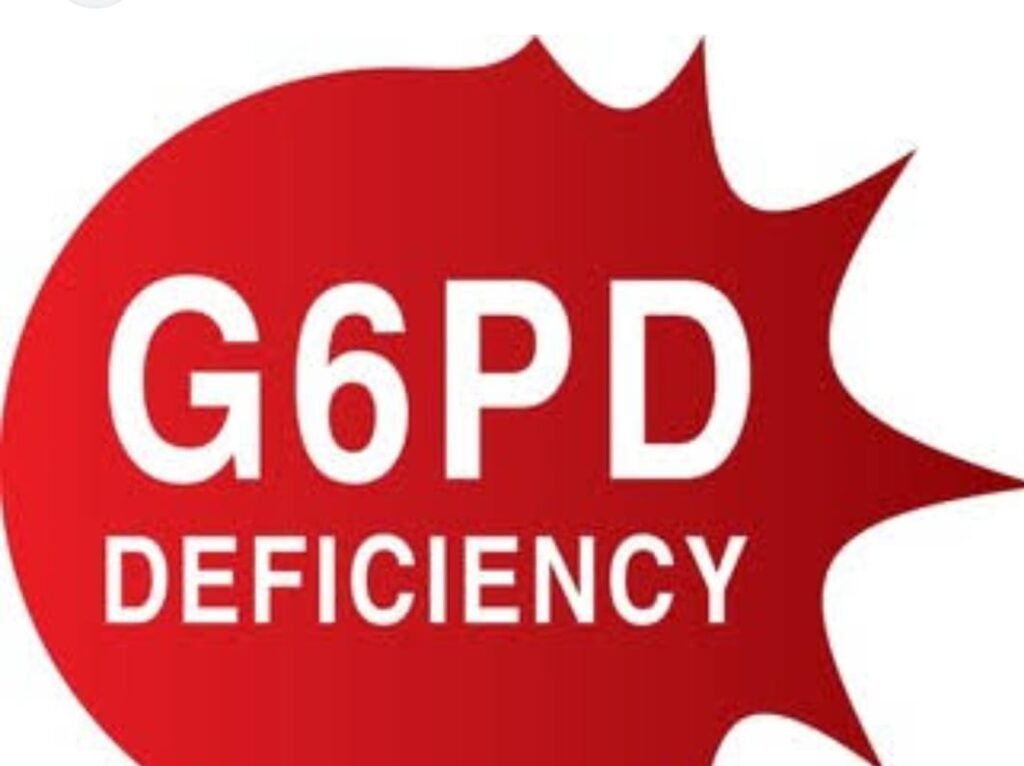G6PD deficiency...what you should know as Parents?

It’s a genetic disorder
Is it Serious?
In most cases, G6PD deficiency does not cause problems. Problems may occur if you are exposed to medicines or foods that may harm your blood cells when it can cause serious medical conditions such as hemolytic anemia in adults and severe jaundice in newborns.
What should my child avoid in food?
Your child should not eat fava beans. Some people should also avoid red wine, all beans, blueberries, soya products, tonic water and camphor.
Milk products containing soya ingredients should be avoided.
When to see a doctor?
If your child has been diagnosed with G6PD deficiency, take them to be checked whenever any of the following symptoms develop:
- jaundice (yellow skin and eyes)
- dark coloured urine
- anaemia (pale skin and lethargy).
Care at Home
Make sure people who care for your child (school, kindergarten, child care, babysitters, health professionals) know your child has G6PD deficiency .
Always check with your doctor or pharmacist before giving any medication to your child.
To prevent the symptoms of G6PD deficiency, a child with G6PD should avoid the triggers on the following lists:
1. Antibiotics
- Sulphonamides
- Dapsine
- Chloramphenicol
- Nitrofurantoin
- Nalidixic acid
2. Antimalarials
- Chloroquine
- Hydroxychloroquine
- Primaquine
- Quinine
- Mepacrine
3. Chemicals
- Moth balls (naphthalene)
- Methylene blue
4. Foods
- Fava beans (also called broad beans)
5. Other drugs
- Sulphasalazine
- Methyldopa
- Large doses of vitamin C
- Hydralazine
- Procainamide
- Quinidine
Some anti-cancer drugs
- Breastfeeding mothers to babies with G6PD deficiency should also avoid above medication and food items.
- Some children with G6PD must not take aspirin – check with your doctor first.
- Always check the labels of any medications you buy without a prescription.
Be careful about using herbal, naturopathic or other alternative/complementary therapies.
Key Messages
- G6PD is an inherited condition and cannot be spread from one person to another.
- Most children with G6PD deficiency have a completely normal life as long as they avoid certain foods and drugs.
- Some children with the condition will get anaemia or jaundice, especially after taking medicine or eating food they should avoid, or after an infection.
Stay Healthy and Blessed!
